Blizzards: A Detailed Explanation and Study Guide
What is a Blizzard?
A blizzard is a severe snowstorm characterized by strong winds, low temperatures, and reduced visibility due to blowing snow. These conditions can make travel and outdoor activities extremely dangerous.
Formation of Blizzards
Blizzards typically form when a mass of cold, dense air collides with a warm, moist air mass. As the warm air rises and cools, it condenses into clouds and precipitation. When the temperature is near or below freezing, the precipitation falls as snow. Strong winds then pick up the snow and create whiteout conditions, reducing visibility to near zero.
Characteristics of Blizzards
- Snowfall: Blizzards are accompanied by heavy snowfall, leading to significant accumulation.
- Wind: Blizzards have sustained winds of at least 35 miles per hour, creating blinding snowdrifts.
- Temperature: Temperatures during blizzards can plummet, leading to dangerous wind chills.
- Duration: Blizzards can last for hours or even days, causing prolonged disruption.
Impact of Blizzards
Blizzards can have far-reaching impacts, including:
- Transportation Disruption: Roads and airports may be closed, and public transportation can be severely affected.
- Power Outages: Heavy snow and ice can bring down power lines, leading to widespread outages.
- Health Risks: Exposure to extreme cold during blizzards can pose serious health risks, including hypothermia and frostbite.
- Economic Losses: Businesses may suffer due to closures and reduced consumer activity.
Staying Safe During a Blizzard
To stay safe during a blizzard, it's important to:
- Stay Indoors: Avoid unnecessary travel and seek shelter indoors.
- Prepare: Stock up on essential supplies such as food, water, and emergency supplies.
- Dress Warmly: Wear multiple layers of clothing and protect exposed skin from frostbite.
- Monitor Updates: Stay informed about weather conditions and follow guidance from local authorities.
Study Guide
Here are some key points to remember when studying blizzards:
- What are the main characteristics of a blizzard?
- How do blizzards form?
- What are the potential impacts of a blizzard?
- What safety measures should be taken during a blizzard?
- Compare and contrast blizzards with other types of severe weather, such as hurricanes or tornadoes.
Understanding blizzards is important for being prepared and staying safe during these extreme weather events. Stay informed and take necessary precautions to minimize the risks associated with blizzards.
[Blizzards] Related Worksheets and Study Guides:
.◂Science Worksheets and Study Guides Sixth Grade. Earth's Atmosphere
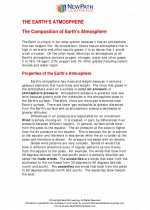
 Activity Lesson
Activity Lesson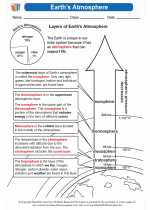
 Worksheet/Answer key
Worksheet/Answer key
 Worksheet/Answer key
Worksheet/Answer key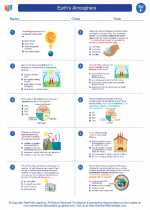
 Worksheet/Answer key
Worksheet/Answer key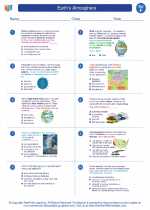
 Worksheet/Answer key
Worksheet/Answer key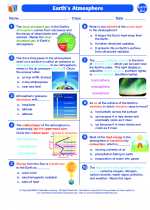
 Vocabulary/Answer key
Vocabulary/Answer key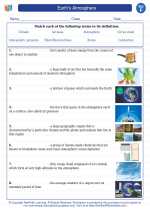
 Vocabulary/Answer key
Vocabulary/Answer key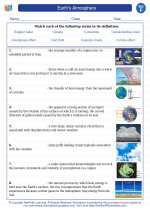
 Vocabulary/Answer key
Vocabulary/Answer key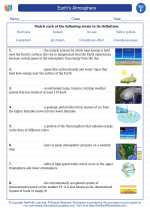
 Vocabulary/Answer key
Vocabulary/Answer key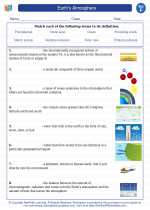
 Vocabulary/Answer key
Vocabulary/Answer key
 Vocabulary/Answer key
Vocabulary/Answer key
 Vocabulary/Answer key
Vocabulary/Answer key
